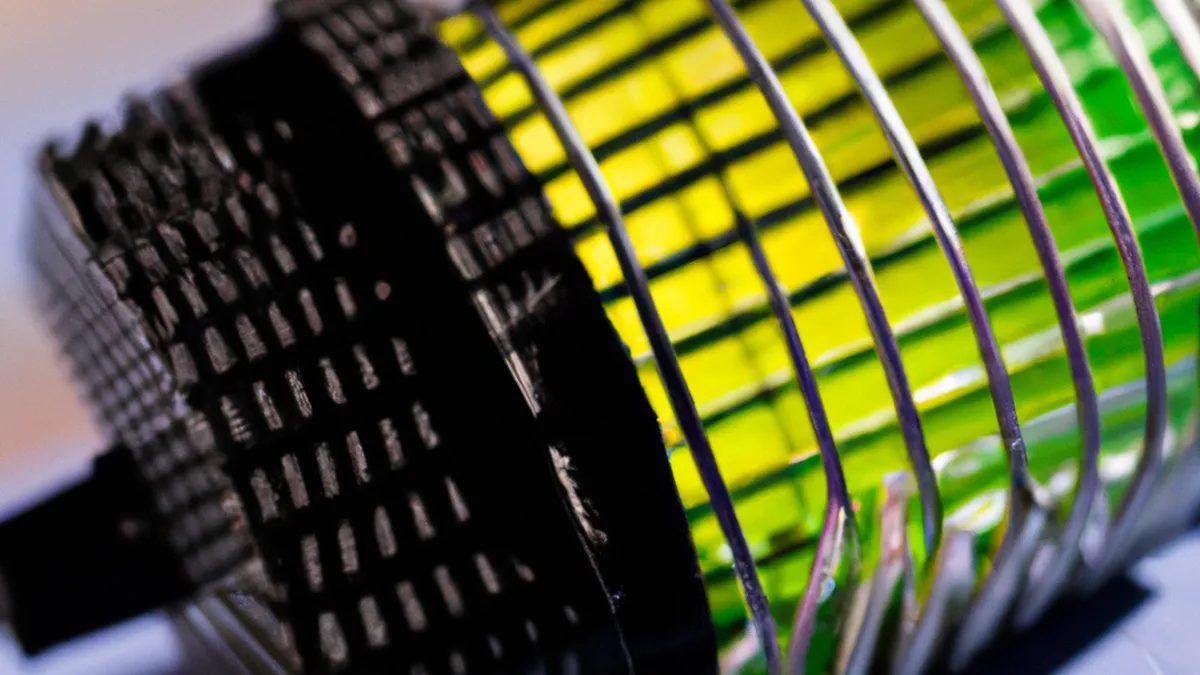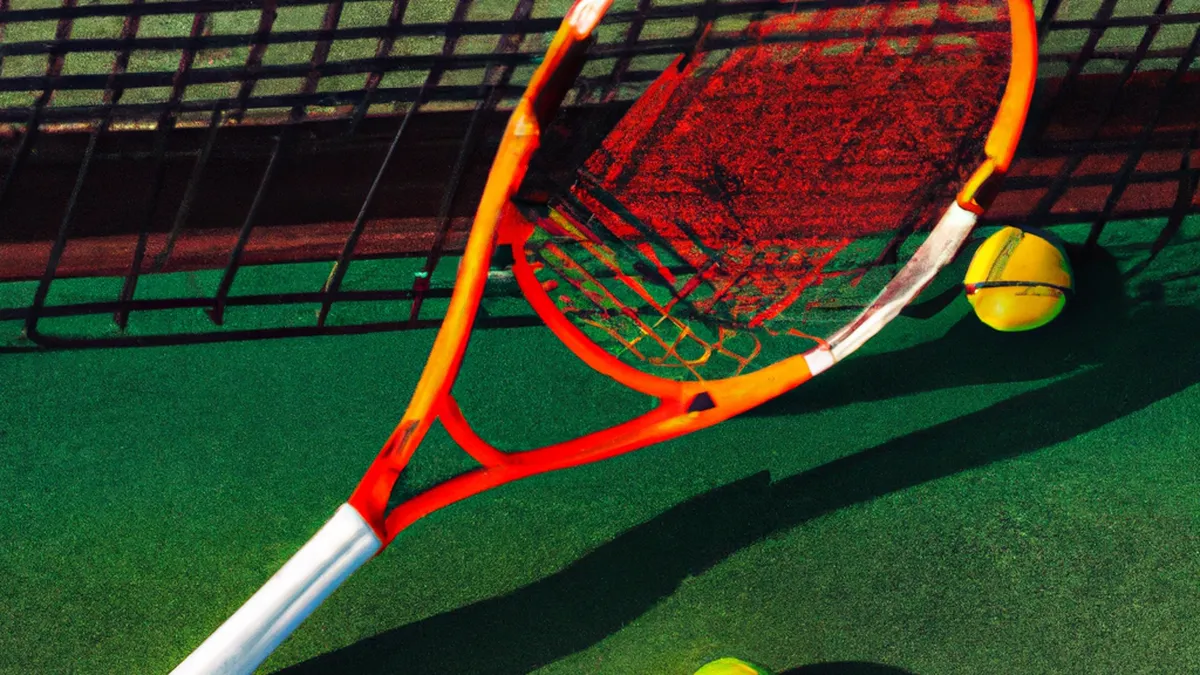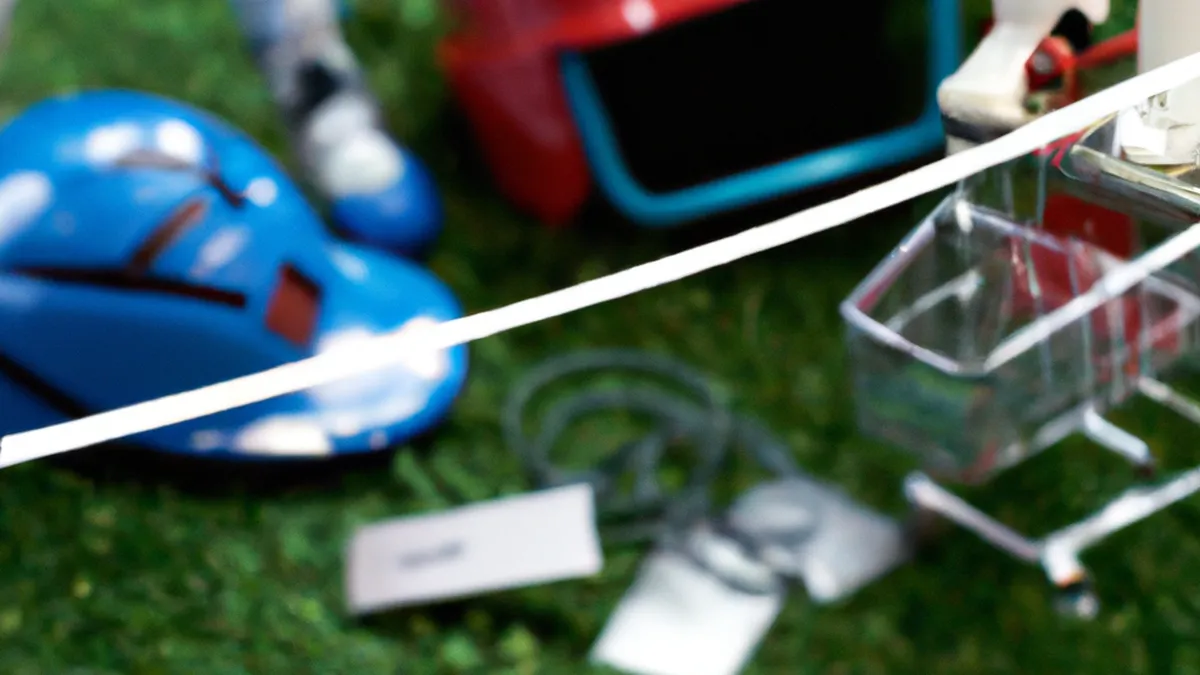Naps: Your Secret Weapon in Recovery
Sleep Optimization for Athletic RecoveryAthletes prioritize recovery for peak performance. Many focus on nutrition and training but often overlook sleep. Quality sleep boosts recovery and enhances performance. This blog explores strategies to optimize sleep for athletes, examines sleep science, and highlights its role in performance.
Understanding the Importance of Sleep
Sleep is an active process vital for physical and mental recovery. During deep sleep, the body repairs itself. Muscle tissues repair and proteins synthesize, supporting muscle growth. Sleep also regulates hormones like cortisol and testosterone, which impact performance.Research indicates that inadequate sleep harms athletes. It increases fatigue, decreases focus, impairs reaction times, and lengthens recovery. A study in *Sleep* revealed that athletes who extended sleep to 10 hours improved performance, sprint times, and shooting accuracy. Thus, prioritizing sleep is crucial for optimizing performance and recovery.
Tips for Optimizing Sleep
As an Amazon Associate I earn from qualifying purchases.
Gear tip: consider sleep mask, white noise machine, and blue light blocking glasses to support this topic.
Create a Consistent Sleep Schedule
Establishing a consistent sleep schedule significantly improves sleep quality. The circadian rhythm regulates sleep-wake cycles. Going to bed and waking up at the same time reinforces this rhythm. Aim for 7 to 9 hours of sleep each night, adjusting for individual recovery needs.
Design a Sleep-Conducive Environment
Your sleep environment affects sleep quality. A well-designed space promotes better rest. Keep your bedroom cool, ideally between 60 to 67 degrees Fahrenheit, to encourage deeper sleep. Make your room as dark as possible; use blackout curtains to block light. Minimize noise with earplugs or a white noise machine. Invest in a comfortable mattress and pillows that support your sleeping style for restful sleep.
Limit Screen Time Before Bed
Screen time often occupies athletes’ lives, especially for performance analysis. However, blue light from devices disrupts melatonin production, which regulates sleep. Set a digital curfew by avoiding screens at least one hour before bedtime. Instead, engage in relaxing activities like reading, mindfulness meditation, or gentle stretching. These activities signal your body to wind down.
Conclusion
Prioritizing sleep enhances athletic recovery and performance. Implement these strategies to optimize your sleep quality effectively.
Below are related products based on this post:
FAQ
Why is sleep important for athletes?
Sleep is crucial for athletes as it supports physical and mental recovery. During deep sleep, the body repairs itself, regulates hormones, and enhances muscle growth, all of which are vital for peak performance.
How can I improve my sleep quality?
Improving sleep quality can be achieved by establishing a consistent sleep schedule, creating a sleep-conducive environment, and limiting screen time before bed. These strategies help align your circadian rhythm and promote deeper, more restful sleep.
What are the consequences of inadequate sleep for athletes?
Inadequate sleep can lead to increased fatigue, decreased focus, impaired reaction times, and prolonged recovery. Research shows that athletes who get sufficient sleep perform better in terms of speed and accuracy, highlighting the importance of prioritizing sleep.















Post Comment